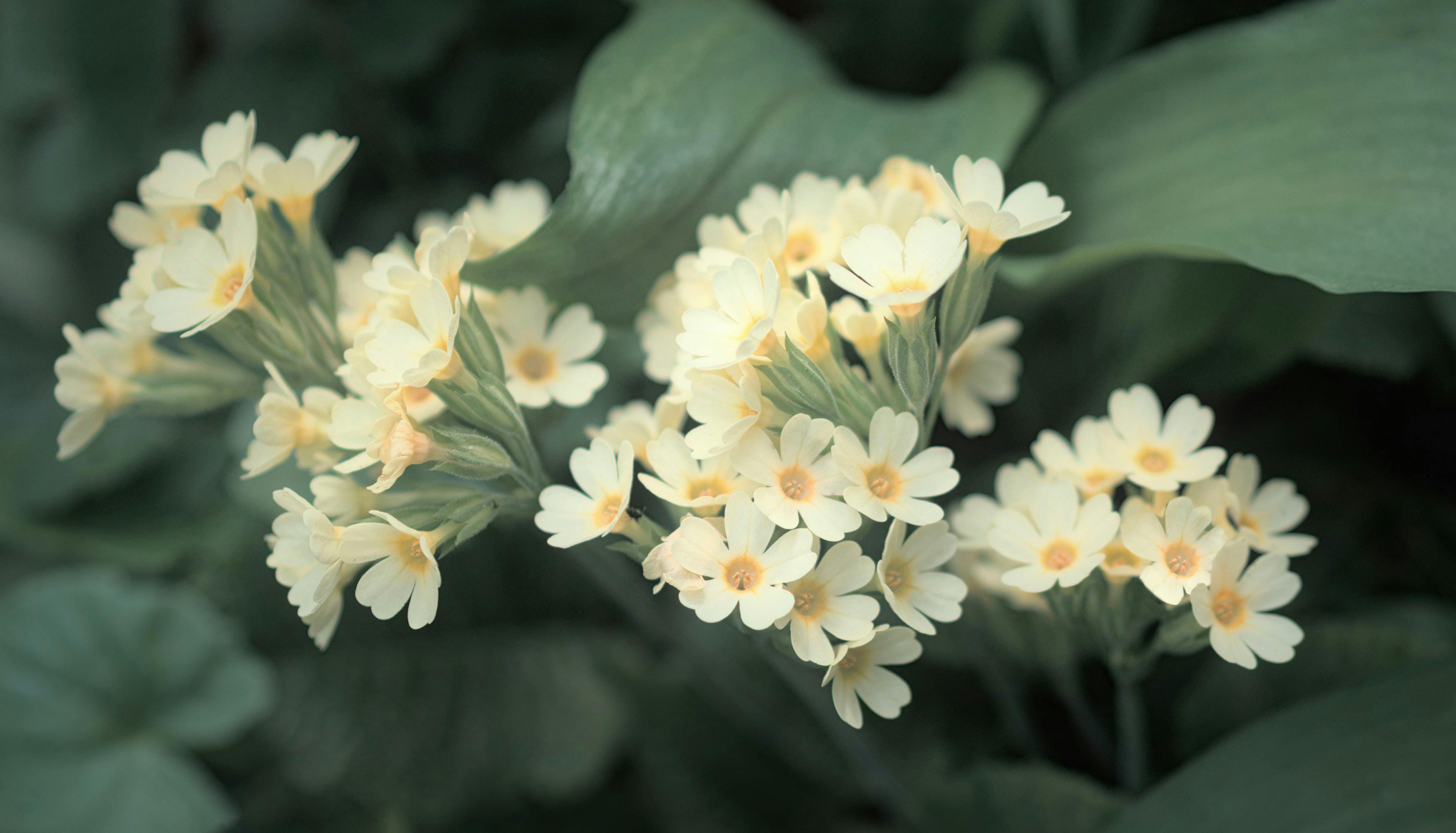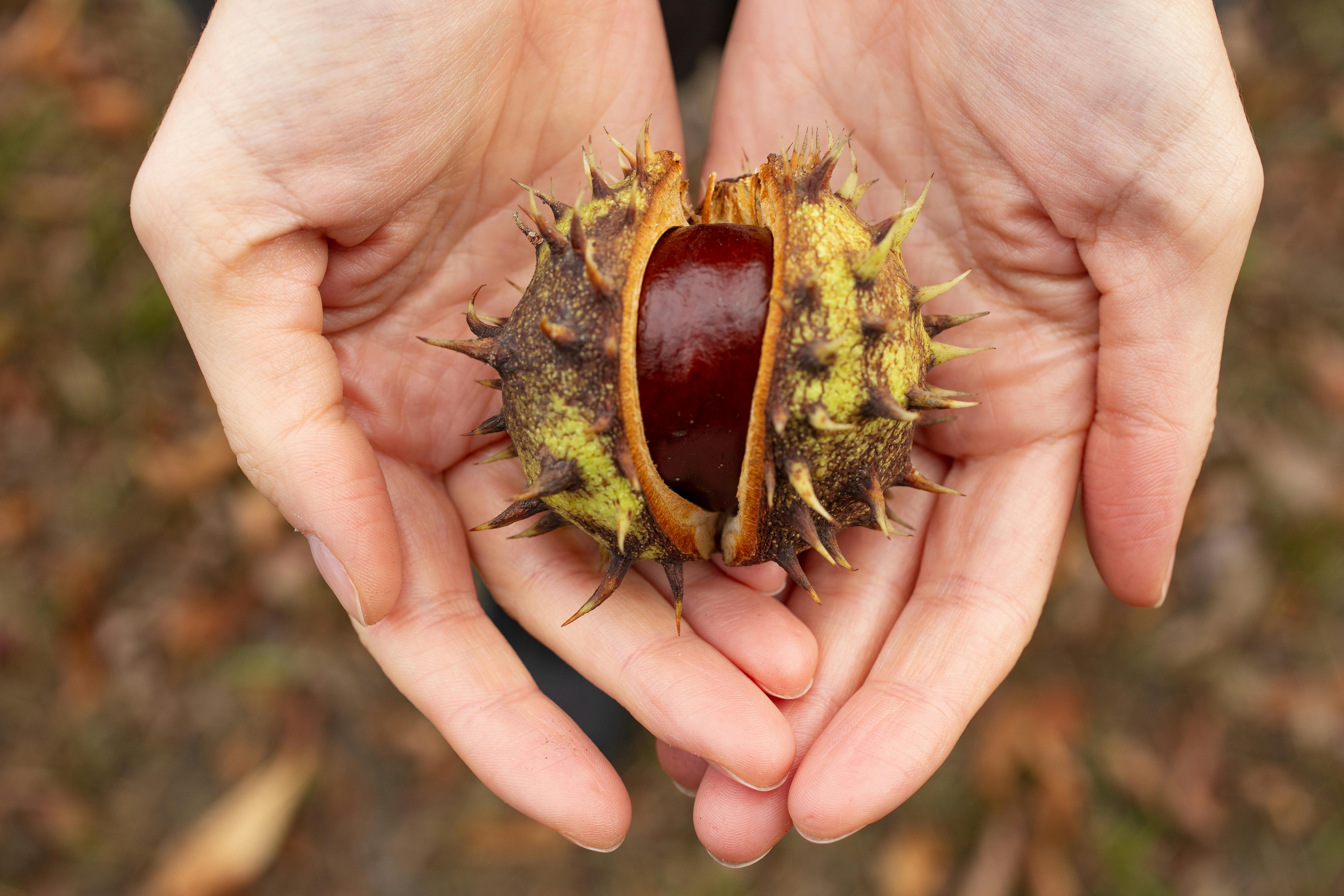All About Mr. Gardener: Your Guide to Gardening Excellence
Understanding the Role of Mr. Gardener
When we talk about Mr. Gardener, we refer to an expert in gardening who plays a crucial role in maintaining and enhancing green spaces. A Mr. Gardener isn’t just someone who mows lawns; they have a deep understanding of plant biology, ecology, and landscape design. Not only do they cultivate plants, but they also create sustainable gardens that can thrive in diverse environments. Their expertise helps ensure that gardens flourish, providing beauty and ecological benefits.
The Philosophy Behind Gardening
Every Mr. Gardener embodies a unique philosophy towards gardening, which varies from organic gardening practices to permaculture principles. For instance, those who embrace organic gardening prioritize natural processes and use eco-friendly methods to nurture plants. By eschewing harmful chemicals, they protect local wildlife and promote soil health. This philosophy is increasingly important in our world today, as we face climate change and biodiversity loss. A Mr. Gardener who adopts these practices can significantly contribute to a wave of positive environmental changes.
Skills Required for a Successful Mr. Gardener
A skilled Mr. Gardener possesses a wide array of talents, including knowledge of horticulture, pest management, and landscape design. Understanding how to select the right plants for a specific climate and soil type is essential. Additionally, they need to know about effective irrigation methods and how to encourage beneficial insects while deterring harmful pests. For example, a Mr. Gardener might use companion planting techniques, which involve placing certain plants together to boost growth and fend off pests naturally. These skills lead to healthy, thriving gardens that can withstand various environmental challenges.
Practical Tips from Mr. Gardener
If you want to cultivate a successful garden, learning from a Mr. Gardener can provide invaluable insights. Practical tips include understanding the importance of soil quality and how to amend it for optimal plant growth. Knowing when to plant your seeds or transplants based on local climate conditions can make a huge difference in yields. A Mr. Gardener will typically recommend starting seeds indoors for a head start in cooler climates, offering a more extended growing season.
Creating a Seasonal Garden Plan
One essential practice of a Mr. Gardener is developing a seasonal garden plan. This plan considers the unique characteristics of each season, ensuring that there’s always something blooming or producing. By planning ahead, you can stagger planting times for continuous harvests and blooms throughout the growing season. For example, certain vegetables, like lettuce, can be sown in early spring, while tomatoes thrive in the summer. A well-structured timeline aids in maximizing your garden’s potential year-round.
Utilizing Natural Pest Control
Instead of relying on synthetic pesticides, a Mr. Gardener often incorporates natural pest control methods. Planting aromatic herbs such as basil and mint can deter pests while providing culinary benefits. Additionally, introducing beneficial insects like ladybugs can naturally manage aphid populations in your garden. These strategies not only keep the garden healthy but also promote biodiversity, creating a balanced ecosystem that tends to thrive on its own.

Trends in Gardening Advocated by Mr. Gardener
Gardening trends are continuously evolving, and a Mr. Gardener stays abreast of the latest techniques and styles. Urban gardening, in particular, has gained popularity as people seek to grow their food in limited spaces. This trend encourages creative solutions like vertical gardens, rooftop gardens, and container gardening. These concepts not only maximize space but also bring greenery to urban environments, improving air quality and enhancing community aesthetics.
Eco-Friendly Gardening Practices
Another significant trend promoted by many Mr. Gardeners is eco-friendly gardening. This involves practices that reduce overall environmental impact and promote sustainability. For example, using rainwater harvesting systems can conserve water, while constructing compost bins allows gardeners to recycle kitchen scraps and yard waste. By reducing waste and conserving resources, these practices support a healthier planet and encourage responsible gardening habits.
The Rise of Online Gardening Communities
The internet has also significantly impacted gardening, with online communities thriving around the concept of shared knowledge. Mr. Gardener often joins forums and social media platforms where gardening enthusiasts discuss techniques, share photos, and exchange stories. These communities help novice gardeners gain confidence and experience while providing seasoned professionals a platform to showcase their skills and offer advice. The opportunity to learn from one another fosters a supportive environment for all gardening levels.

Key Takeaways
- Understanding the role and philosophy of Mr. Gardener can enhance your gardening journey.
- Skills such as soil management and natural pest control are vital for success.
- Creating a seasonal garden plan is essential for maximizing yields and blooms.
- Staying informed about gardening trends can transform your gardening strategy.
- Engaging with online gardening communities can expand your knowledge and support network.
FAQ
1. What qualifications should a Mr. Gardener have?
A competent Mr. Gardener typically has a background in horticulture or landscape design and may hold certifications in gardening practices. Hands-on experience is crucial, along with an understanding of local gardening conditions. Knowledge of pest management and plant care is also essential.
2. How can I improve my garden’s soil quality?
Improving soil quality can involve testing your soil to determine nutrient levels and pH balance. You can then amend the soil with organic matter such as compost or well-rotted manure to enhance nutrient availability and soil structure.
3. What are the benefits of companion planting?
Companion planting involves strategically planting different species together for mutual benefits, such as pest control, enhanced pollination, and improved growth rates. For instance, planting marigolds alongside vegetables can deter harmful pests while attracting beneficial pollinators.
4. Are there specific vegetables suitable for container gardening?
Yes, several vegetables thrive in containers, including tomatoes, peppers, lettuce, and herbs. These plants have relatively small root systems and can adapt to the space constraints of container gardening effectively.
5. How do I start an urban garden?
To start an urban garden, assess your available space, whether it’s a balcony, rooftop, or small backyard. Choose appropriate containers and select plants that suit your environment and sunlight exposure. Begin with easy-to-grow plants to build confidence before expanding your gardening efforts.
